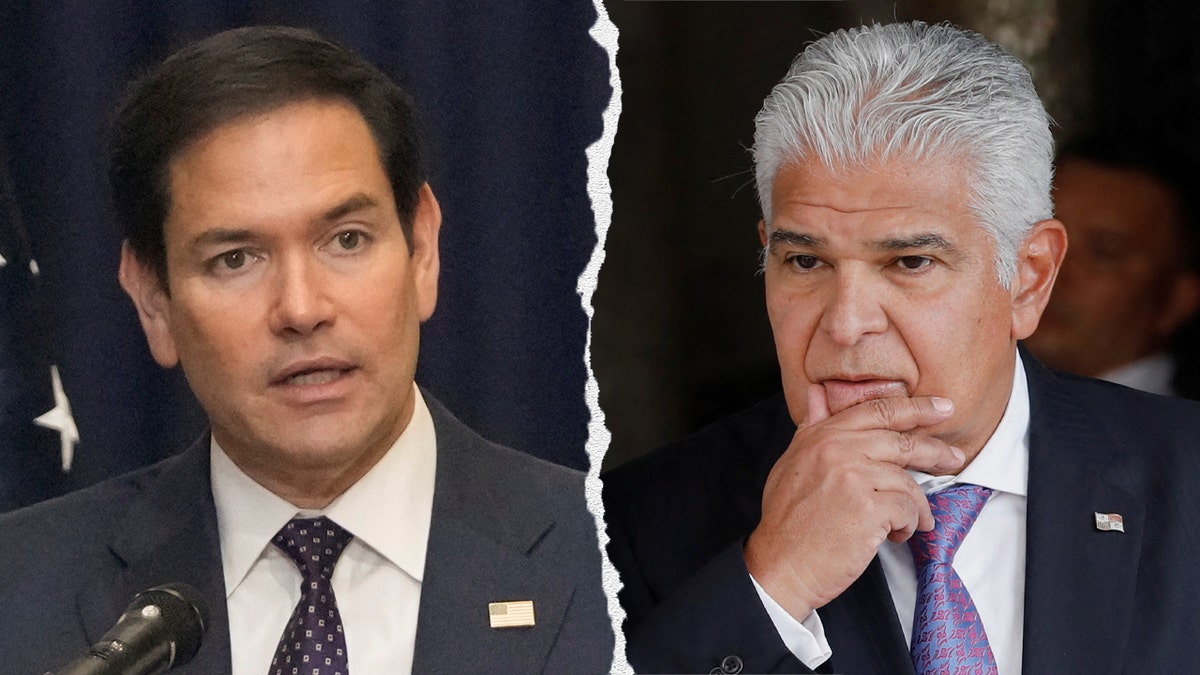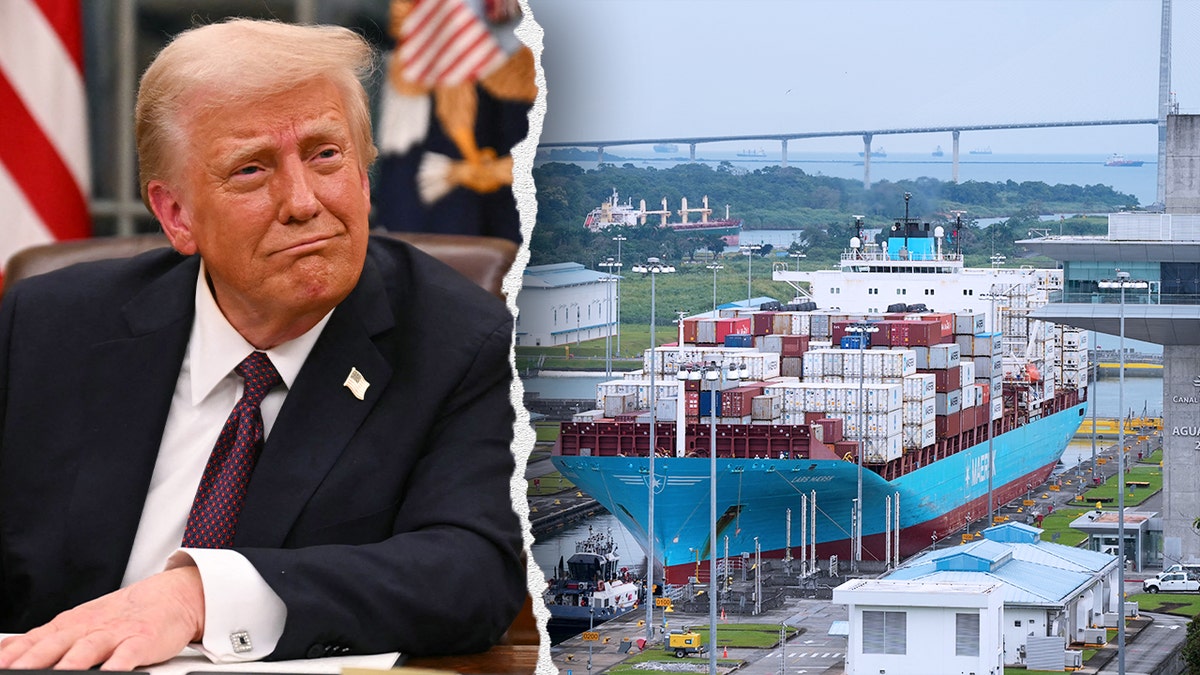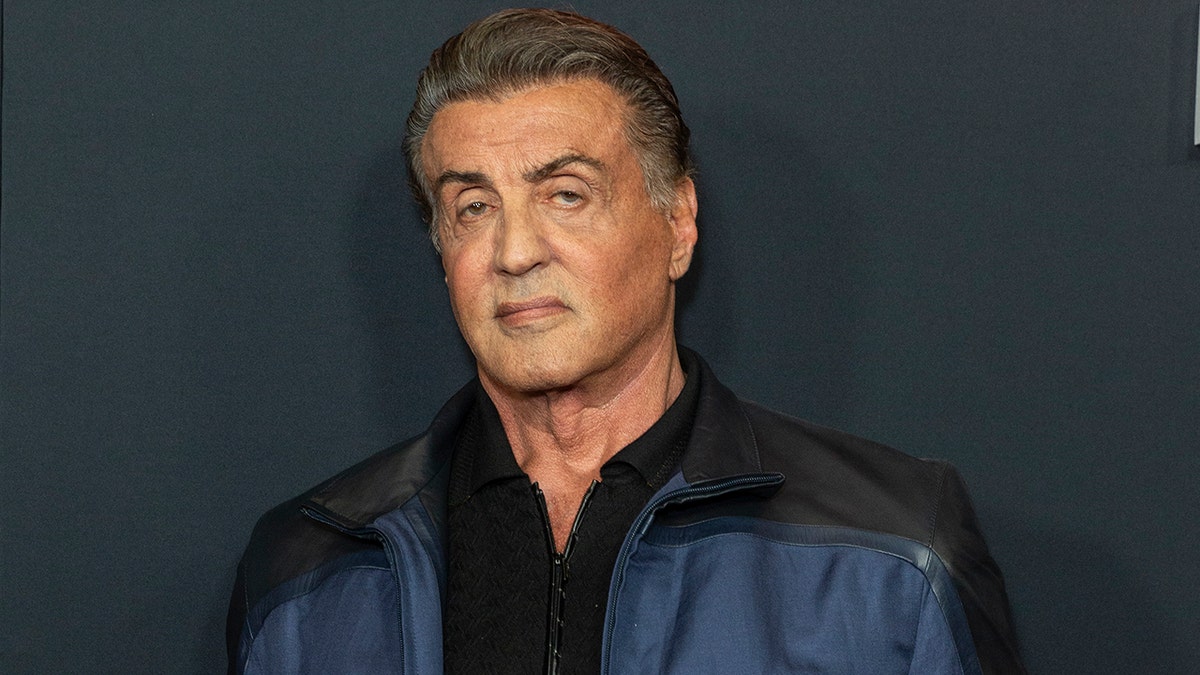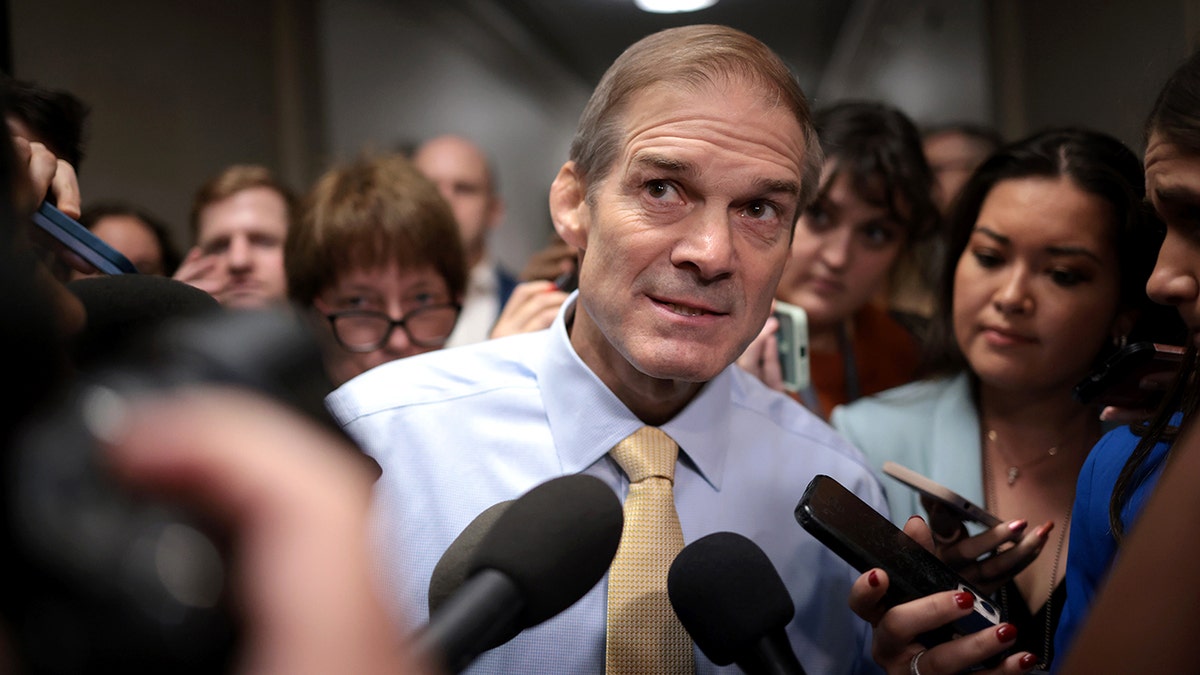Panama's President, José Raúl Mulino, has affirmed his commitment to Panama's sovereignty over the Panama Canal following a meeting with US Secretary of State Marco Rubio. Mulino declared Panama's intention to strengthen ties with the US, focusing on increased US investment in Panama, and announced the decision not to renew a 2017 memorandum of understanding with China regarding its Belt and Road Initiative. This shift in strategic partnerships comes after concerns raised by President Trump regarding China's influence over the vital waterway.
Rubio, on his first international trip since confirmation, emphasized the US commitment to preventing further expansion of the Chinese Communist Party's control in the Panama Canal region. He expressed his team's readiness to advance the US agenda, echoing President Trump's 'America First' foreign policy.
President Trump has consistently voiced concerns about China's perceived control over the canal and the alleged premium charges imposed on US ships. The canal, originally constructed by the US and completed in 1914, was transferred to Panama during the Carter administration. Trump has prioritized regaining US ownership, leading to the introduction of the Panama Canal Repurchase Act by House Republicans. This bill, spearheaded by Rep. Dusty Johnson (R-S.D.), aims to grant the president the authority to negotiate the reacquisition of the canal with Panama.

Panama's decision follows Secretary of State Marco Rubio's visit. (Reuters)

President Trump has expressed concerns about Chinese control over the Panama Canal. (Getty Images)
Rep. Johnson underscored the canal's strategic significance, highlighting China's growing presence as a concern. He emphasized the potential economic benefits for the US, citing the billions of dollars in tolls generated annually by over 10,000 ships traversing the canal. He also noted the canal's crucial role as a transit point for the US Coast Guard and Department of Defense vessels. Without access to the canal, ships would be forced to navigate an additional 8,000 miles around South America.
Beyond the canal issue, Rubio's discussions with Panamanian officials also addressed the regional migration crisis and ensuring fair competition for US businesses. The US State Department estimates that approximately 72% of vessels using the Panama Canal are either originating from or destined for a US port.








